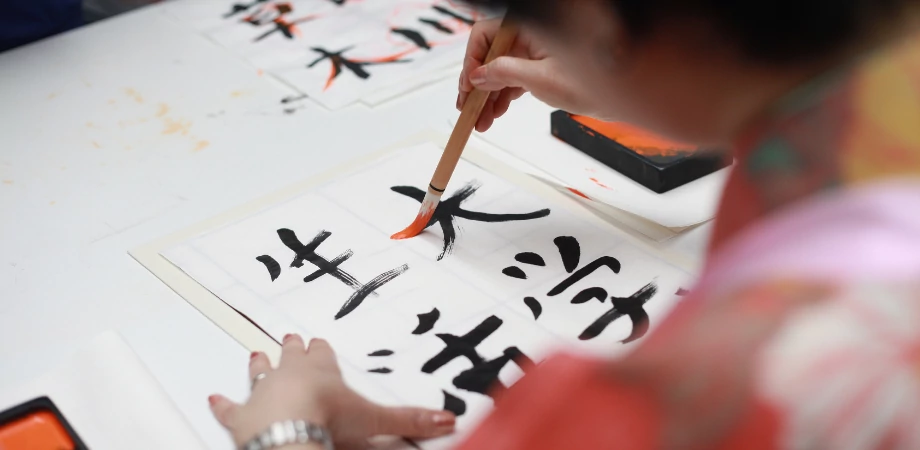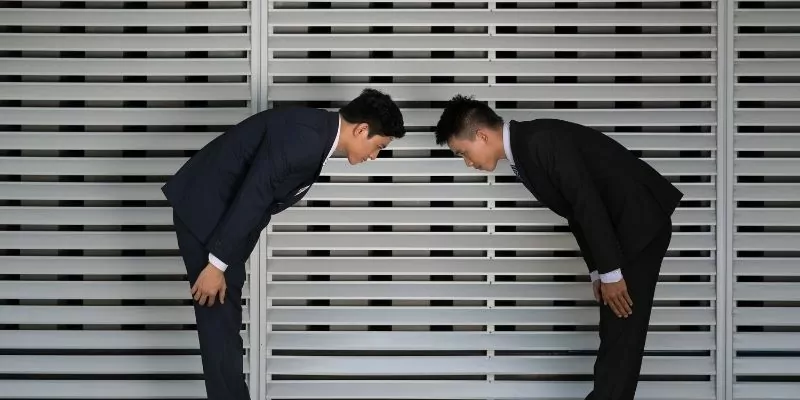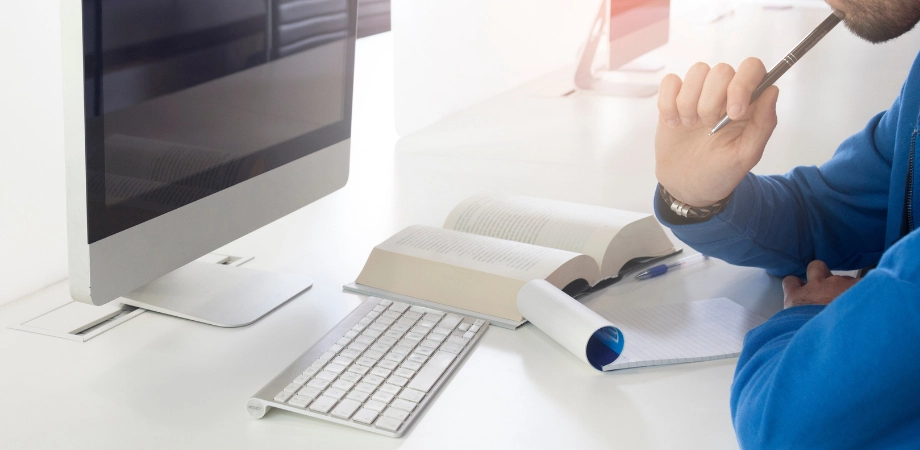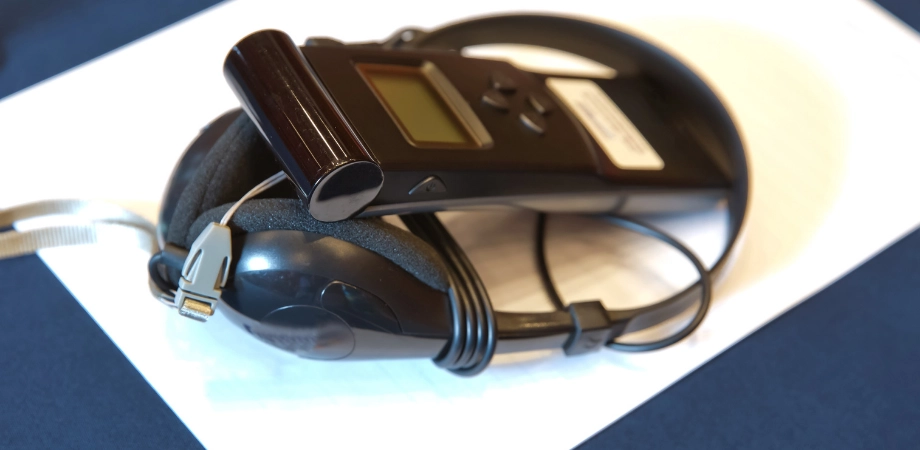In Japan, considered the world’s most polite country, politeness is of utmost importance. Japan is known for its strict codes of etiquette and unwritten social rules that are reflected in their language. The culture of omotenashi (hospitality) is a way of life in the Land of the Rising Sun, combining exquisite politeness with a desire for harmony. Knowing certain patterns in Japanese can make a big difference in your interactions with local people. For instance, using polite Japanese phrases when ordering food at a restaurant can make the staff feel valued, leading to a more enjoyable experience. However, especially if you intend to do business in Japan, expand your business to Japan, or communicate with Japanese clients, utilizing professional translation services can be a wise choice.
Politeness is an integral part of daily life for Japanese people, and showing respect for their customs and traditions is highly important when communicating in Japanese. This applies to all aspects of life, from business settings to asking for directions when you’re lost.
In this article, we will cover the most essential, useful, basic, and polite Japanese phrases that will allow you to navigate daily activities in Japan comfortably and with confidence. Here are some commonly used polite Japanese phrases frequently used in everyday life.
Table of Contents
TogglePoliteness in The Japanese Language
In Japanese culture, great emphasis is placed on politeness and respect, and using language appropriately is essential for building good relationships, both in daily life and in the business world. Japanese people believe that showing politeness and respect hold significant importance in society. Being polite in communication signifies that you have respect for the other person, value their feelings, and are tolerant. Especially in the Japanese business world, using a language that includes politeness is a requirement to show respect to your colleagues, business partners, and clients.
In Japanese, different polite expressions are used depending on the social context and the level of relationship with the person you are speaking to. Japanese people attach great importance to following the rules of politeness to ensure mutual understanding and harmony, which also forms the foundation of the omotenashi (hospitality) culture.
If you are planning to travel to Japan, work in a Japanese business environment, or communicate with Japanese clients, knowing some polite Japanese phrases can be highly beneficial. Using polite Japanese phrases can help you establish a warmer and more positive interaction with Japanese people, but it is important to remember that direct translation may not always be effective.
Polite Japanese Phrases You Must Know
We have compiled 7 polite Japanese phrases with their meanings to make it easier for you to interact with people in Japan. By learning and using these polite Japanese phrases in your communication, you can show respect and politeness, which are highly valued in Japanese culture.
1. Yoroshiku onegaishimasu
Among polite Japanese phrases, the phrase “yoroshiku onegaishimasu” cannot be directly translated into other languages with an exact equivalent. Its meaning varies depending on the context and the situation in which it is used. However, in general, it refers to an action that will take place in the future. When greeting someone for the first time, it could be understood as” please take care of me” or” I look forward to working with you.” In the environment of asking someone to do commodity, it would mean” please fulfill my request.”
Among polite Japanese phrases, this phrase also carries a sense of gratitude or thankfulness towards the person to whom it is addressed. Typically, it is used in formal settings and with people of higher status. When you are unsure which expression to use, you can safely use this one. Depending on the context and the situation, this phrase can have the following meanings:
“Be kind to me.”
“I am grateful to you.”
“I trust you.”
“Please help me.”
“Please take care of me.”
“It’s nice to meet you.”
“I owe you a debt.”
2. Ittekimasu/Itterasshai
When leaving a place, especially home or the office, Japanese people don’t commonly use the expression “sayonara.” Instead, they say “ittekimasu” to the people remaining behind. If we translate this phrase word for word, it means “I’m going, and I’ll come back.” A more natural translation could be “see you later.”
The people staying inside the home or the office reply with the phrase “itterasshai.” The literal translation could be “Please go and come back,” and a more natural translation could be “See you later,” “Goodbye,” or “Take care.” However, none of these translations fully capture the spirit behind the word.
3. Otsukaresama desu
Among polite Japanese phrases, this phrase’s word-for-word translation of this expression is “tired way,” and it implies “you look really tired from working very hard.” While finding an exact equivalent in other languages can be difficult, it is often used to convey meanings such as “thank you for your efforts,” “good work,” or “you’ve worked hard.” It is said to express appreciation for the person’s contributions to the betterment of society and their perseverance.
In some cases, among polite Japanese phrases, this expression may be translated as “great job,” “well done,” or “you’re awesome,” but fundamentally it carries a deeper meaning of “I respect you, and I think what you are doing is valuable.”
It is commonly used during working hours at the workplace and at the end of the day. Senior executives may say “Gokurosama” to a subordinate, and the appropriate response would be “Otsukaresama desu.” The beauty of the phrase “Otsukaresama desu” lies in its versatility, as it can be used in many different ways to acknowledge others’ efforts and show respect and appreciation.
Articles That May Interest You
 4. Ojamashimasu/Irrashaimase
4. Ojamashimasu/Irrashaimase
Among polite Japanese phrases, you can use the commonly used greeting “Ojamashimasu” when getting into a taxi, entering someone’s home for the first time, or when you want to use the restroom at someone’s house as a guest. It can be translated briefly as “excuse me,” but roughly, it conveys meanings like “I have caused inconvenience, I apologize” or “I’m afraid I might disturb you.”
On the other hand, when entering places like grocery stores, pubs, and restaurants, the staff members greet the guests with the exclamation “Irrashaimase” in a polite and enthusiastic manner.
5. Ganbarimashou
In Japan, the word “ganbaru” and its different forms are widely used in school, workplace, family, and social circles to wish someone good luck in any given situation. While it’s challenging to provide an exact translation, we can express it as “to do one’s best” or “to strive to do the best possible.” Beyond being a common and useful word, it also perfectly reflects Japanese culture and work ethic, emphasizing the idea of overcoming difficulties with determination and willpower.
If you are in a business environment, in a partnership, or part of a team working towards common goals, it’s more appropriate to say “Ganbarimashou,” which means “Let’s do it together.”
Although it is a widely used and practical phrase, sometimes people may feel uncomfortable hearing it. Saying “ganbattene” to encourage someone might give the impression that they are not putting in their best effort.
6. Tadaima/Okaeri
Among polite Japanese phrases, the expression “Tadaima” is a shortened version of “Tadaima kaerimashita” and is used as a greeting when you return home or to the office. It translates to “I’m home,” “I have returned,” or “I have come back safely.”
The people at home or in the office usually respond with “Okaeri,” which is the polite form of “okaerinasai,” meaning “Welcome home,” “Welcome back,” or “You have finally returned, welcome back.” It’s a warm and sincere way to greet loved ones whom you have been eagerly awaiting and hoping for their safe return.
7. Itadakimasu/Gochisousama desu
Japanese people, before tasting the delicious food in front of them, put their hands together and say “Itadakimasu.” Itadakimasu is a polite and respectful form of the verbs “moraimasu” (to receive) or “tabemasu” (to eat). It can be translated as “I humbly receive.” While in Western culture, it may be loosely associated with “Let’s eat!”. The deeper meaning of itadakimasu lies in expressing gratefulness by elevating the food or blessing above one’s head.
After the meal, guests show their appreciation by saying “Gochisousama desu” to those who prepared, cooked, and served the food. Among polite Japanese phrases, this expression conveys gratitude for everyone’s efforts and contributions, from those who prepared the meal to those who grew the vegetables or caught the fish, and others involved in the process.
What is The Politest Japanese Greeting?
The politest Japanese greeting is ‘ohayou gozaimasu,’ which translates to ‘good morning.’ The reason for considering this phrase the politest is its show of respect for the time of day and the use of the formal suffix ‘-gozaimasu.’ It is a common greeting used in daily life and business situations when meeting someone in the morning.
In the evening, the phrase ‘konbanwa’ is used, meaning ‘good evening.’ Additionally, before going to bed, ‘oyasumi nasai’ meaning ‘good night’ can be used.
Using such polite greeting expressions is an essential requirement for building positive relationships in Japanese culture, where respect and politeness hold significant importance.



